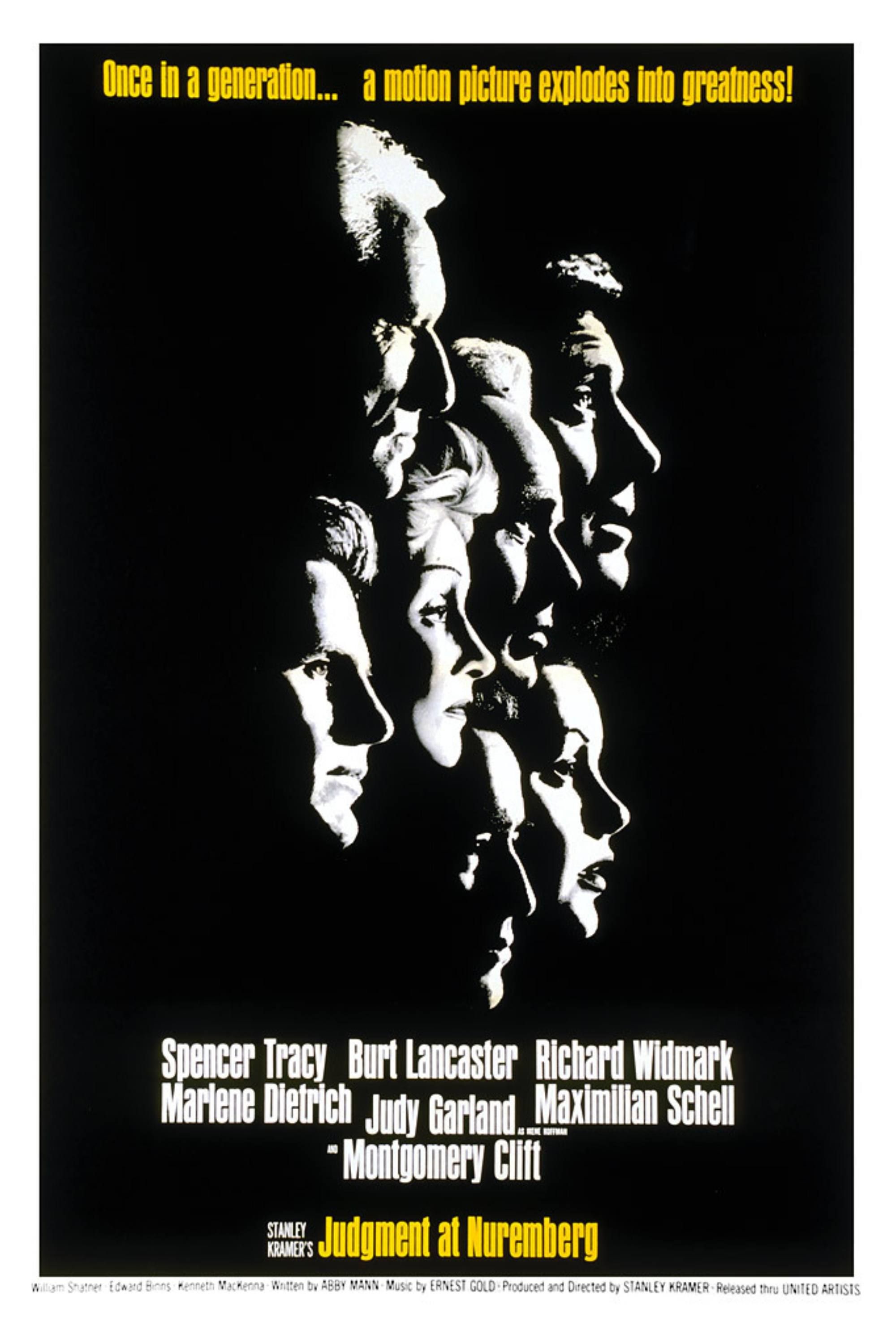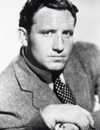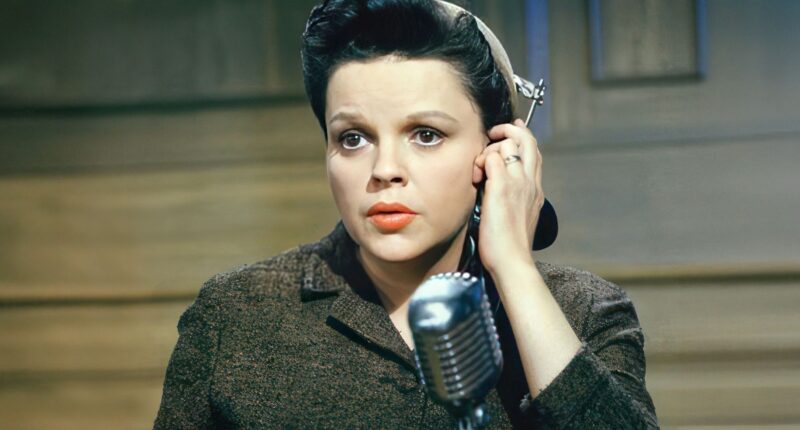It can be surprising to remember that Hollywood was quite reactive to World War II and that it didn’t take the industry very long to start making films about what was considered to be the deadliest war in human history. Although films such as Bridge on the River Kwai or From Here to Eternity effectively captured the trauma and ethical dilemmas that made the conflict so challenging, it took both Hollywood and the world at large much longer to cope with the sheer scale of the Holocaust. Judgment at Nuremberg was among the bravest films of the “Golden Age of Hollywood,” as it examined the trials of several Nazi judges who had served within the regime of Adolf Hitler.
While many of the figures and court rulings were fictionalized, Judgment at Nuremberg was based on the real Judges’ Trial of 1947 and stood as one of Hollywood’s most realistic courtroom dramas. Although this was an era in which audiences may have been more willing to accept a film that ran for over three hours, that length did not often apply to relatively contained, dialogue-heavy dramas that felt closer to a filmed stage production. While it easily could have felt like a cynical way to cash in on one of the greatest tragedies on record, Judgment at Nuremberg is an emotional and insightful historical epic and features one of the greatest casts ever assembled.
What Is ‘Judgment at Nuremberg’ About?
Unlike other legal thrillers that were popular at the time, Judgment at Nuremberg explores the perspective of both sets of lawyers, the judge, the jurors, and other ancillary players involved in the case. Chief Trial Judge Dan Haywood (Spencer Tracy) is tasked with leading the military tribunal and has become fascinated by how seemingly respectable German leaders could sit idly by for such atrocities, even though he’s selected to give an impartial ruling. Leading the Allies’ case is the prosecutor Colonel Ted Lawson (Richard Widmark), who is given the burden of proving that there was no way that the German commanders could have been ignorant of the ongoing genocide. However, it was Maximilian Schell who won the Academy Award for Best Actor for his performance as Hans Rolfe, the German defense counsel that argues his defendants were under an obligation to serve their country. As the world delves deeper into the Cold War, Rolfe argues that demonizing the other side will only heighten the possibility of another conflict breaking out.

Related
Michael Caine and Donald Sutherland Teamed Up In This Underrated World War II Adventure
How do I jump out of this thing?
Given that the film runs for over three hours, Judgment at Nuremberg has the opportunity to depict detailed testimonies and show the difficult decisions made by all those that chose to speak up. Montgomery Clift gives a heartbreaking performance as Rudolph Petersen, a Jewish doctor who has been lobotomized by the Germans, which impacted his ability to perform his duty. Equally devastating is Judy Garland, who is cast against type as Irene Hoffmann, a defendant terrified to offer her testimony, as she knows that Rolfe wants to imply that a leading Jewish figure was inappropriate towards her. However, the film’s bravest performance may have been from Burt Lancaster, who appears as the defendant Dr. Ernst Janning. Despite being regarded as one of Hollywood’s most dashing leading men, Lancaster characterized the deeply regretful sentiments of a Nazi leader who breaks with his counsel in order to implicate himself. Although the film does not offer sympathy for anyone that abided by Hitler’s commands, it showed the true shame that many respected members of German society felt upon realizing that their cultural identity had been hijacked.
‘Judgment at Nuremberg’ Remains One of Hollywood’s Most Effective Courtroom Dramas
Judgment at Nuremberg shows the complex way that justice works within the legal system and how it can be hard to offer restorative action, even if there is a desire for vengeance. Haywood begins the film considering whether he can truly be impartial in a case that appears to be so black-and-white, and he’s even more challenged when Lawson brings forth evidence that details the mass executions of the Holocaust, allowing many members of the audience to see real footage of genocide for the first time. However, it becomes quite disturbing for Haywood to discover that there are many Germans that still sympathize with the lawyers, as they admired how Hitler was able to restore Germany as one of the world’s superpowers. This situation is bolstered by Schell’s performance; although it’s never made clear whether Rolfe is actually sympathetic to the Nazi cause, he does claim that targeting an entire nation will not allow peace talks to emerge during the aftermath of war.
Judgment at Nuremberg does not offer a simple solution, as it is bound by history to depict the ways in which justice was carried out. Although the film itself involves characters reacting to events that aren’t necessarily depicted, it still shows the sheer magnitude of tragedy and questions how people could be inherently good if something like the Holocaust had occurred. Judgment at Nuremberg was acclaimed at the time of its release, as it earned ten nominations at the Academy Awards, two wins, and an Ivan Thalberg award for director Stanley Kramer. However, history sadly repeats itself too often, and Judgment at Nuremberg has proven to be more relevant now than ever before.

Judgment at Nuremberg
- Release Date
-
December 18, 1961
- Runtime
-
179 Minutes
- Director
-
Stanley Kramer
-

Spencer Tracy
Chief Judge Dan Haywood
-

Burt Lancaster
Dr. Ernst Janning
-

Richard Widmark
Col. Tad Lawson
-

Marlene Dietrich
Mrs. Bertholt








